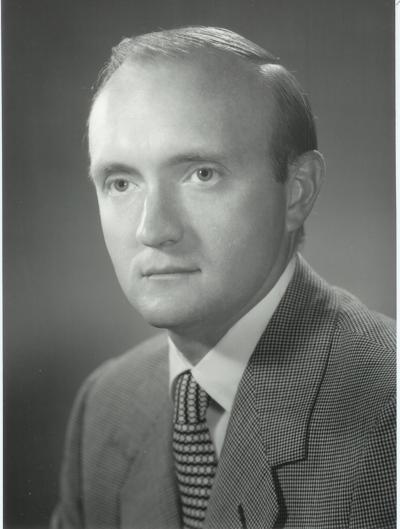Whichever side you take on the climate change debate — that it is man-made or earth cycles or some combination — the polar vortex Texas and we in Missouri suffered through in February points up the danger of reliance on any one form of energy and the overreliance on electricity.
The power grid nearly failed in this crisis, and power generation in Texas failed as the system iced up. That is without regard to the current push for electric vehicles that some are promoting and states like California are mandating.
The push for all-electric cars is understandable. I own a hybrid myself, having decided against all-electric but wanting an alternative to all-fossil fuel. But imagine if all we had were vehicles that require electricity during the recent cold spell or after our tornado in Joplin in 2011 or in case of hurricanes and other natural disasters that occur regularly around the country. How would those cars operate without reliable electric power for days or even weeks? And what of our emergency vehicles if they too were all-electric?
It was bad enough recently with the pressure on the power grid that resulted in nearly one-third in Texas without power for hours and in some cases days. Even here in Joplin, we suffered outages not from the storm but from pressure on the power grid. Add to that demand from a massive fleet of all-electric vehicles and the grid would most likely have failed completely.
There are some who want to eliminate fossil fuels, meaning we would be completely dependent on sources of heat and power and transportation that are not currently technologically advanced enough to guarantee reliability. Currently, those in rural areas have propane and gasoline to run their generators, and fireplaces with wood can still provide some backup of heat in bitter cold weather. Even in cities, we have gasoline or natural gas to run generators if necessary in times of power outages. But what if we all had to rely only on electricity?
Even were we to merely cut back on our fossil fuels such as natural gas — our cleanest fossil fuel — the sharp rise in price from demand exceeding supply will put pressure on the most vulnerable in our society. Those who can least afford it will bear the burden. And we will once more be reliant on foreign sources, which have embroiled us in war after war to attempt to protect a supply of needed fuel. Add to that fossil fuels are used to make plastics, polyester for clothing and numerous other items in daily use and the need for a common sense energy policy is obvious.
No, I do not work for nor have any interest in the fossil fuel industry other than as a consumer. I am merely concerned, at age 80, for those of you who are younger and will have to live with the decisions being made on energy today.
I remember the 1970s, with the first energy crisis, having served on a national task force. Back then, the Club of Rome predicted a crisis of major proportions, saying that our supply of oil and gas would run out shortly. But of course just the opposite occurred. Scientists can be wrong and often disagree. Making policy based on doomsday predictions is dangerous. Again, this calls for common sense and moderation in changes in policy.
If decisions are made that are applied to the entire nation rather than state by state, a mistake could be not only costly but deadly on a massive scale. At least with COVID-19, we saw how the states could be used as vessels of experimentation. West Virginia, for example, was able to vaccinate a much larger portion of its population quickly because of decisions by its governor to make use of all the state pharmacies rather than rely on a few. It showed the way for other states. On the other hand, the disaster in New York from forcing COVID-19 patients back into nursing homes showed other states what not to do. The same is true of opening up of economies comparing Florida, Georgia and Texas with California, Illinois and New York.
There are things such as defense that require a national cohesion, but where major changes in policy in other areas, such as with the virus or energy, are concerned, the use of states to test changes before rolling them out nationally or globally makes sense.
And we need common sense now more than ever where serious matters such as energy are concerned.

















Commented
Sorry, there are no recent results for popular commented articles.